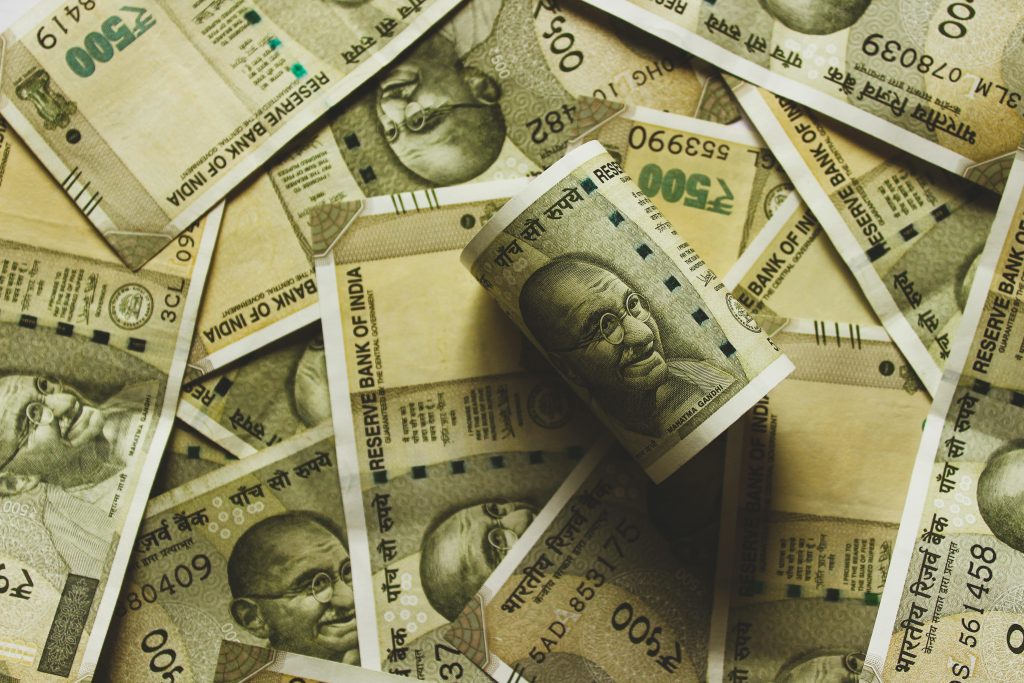Table of Contents
ToggleA masters degree provides the individual with an in-depth understanding of their field and technical knowledge, which can come in handy in professional settings. Along with this advanced expertise, it also shows the employers your dedication and willingness to learn proficiently and commit to your field on a larger scale. Therefore, a masters degree is perfect to give you an edge over your competitors. For those interested in acquiring a masters degree in the field of finance, our compilation of the differences between a Masters in Finance vs MBA will guide you in the correct direction.
Not only does a postgraduate masters degree enhance your resume manifold and provide you with indisposable networks, but it also increases your chances of excelling in your field. Hence, a masters degree could prove to be an important catalyst in climbing the corporate ladder, especially for those in the business sector. MBA and MiF are both excellent courses to help you excel faster. However, they have a few key differences which should be considered before choosing. Read ahead to gain a better understanding of the two.
What Is ‘Masters In Finance’?
If you’re interested in enhancing your knowledge about investments, liabilities and assets, a Masters degree in Finance might be an appropriate option. It is a degree that provides you with the skills to analyse every financial decision for all investment or business-related operations. Ranging from investment in the stock market to investment in a startup or business, everything comes under this finance degree. Since the popularity of MBA has increased its crowd a lot in recent times, many students are diverting towards MiF to get a more specific area of knowledge for their future.
Finance could be of three varying types – personal finance, which deals with aspects like credit cards, insurance and retirement plans. Public finance, which looks after government-related finances like taxes and auditing and corporate finance, which majorly involves businesses and their investments. While the curriculum of a Masters degree in Finance includes all these aforementioned topics, other varying subjects include managerial finance, accounting, financial modelling, mergers and acquisitions, investment analysis and quantitative finance.
What Is ‘MBA’?
Master of Business Administration is a graduate-level degree that helps students in acquiring a better understanding of the abilities required to excel in management and business careers. While comparing a Masters in Finance vs MBA, an important difference to consider is that MBA candidates usually have work experience of a few years and are looking to advance their career or shift to a slightly different position via this degree. It can help you increase your average salary and also connect you to a larger network of contacts.
While MBA graduates are usually hired in banks, NGOs and start-ups, having an MBA can also aid you if you have a managerial job in the public sector or a government organisation. Its curriculum includes a range of business-related modules like entrepreneurship, management, statistics, accounting and economics. Since most people pursue MBA after gaining a work experience of a few years, acquiring your degree part-time is also a wise decision if you wish to avoid going out of work for a long period.
Eligibility Criteria For Masters In Finance Vs MBA

The eligibility criteria for both MiF and MBA are quite similar. Both of these degrees require students to write standardised tests like GMAT and GRE, along with English proficiency tests such as TOEFL or IELTS for universities abroad. The minimum qualification of education for these courses is a bachelor’s degree. Some universities may require their MBA applicants to have a work experience of a minimum of one year as a mandatory pre-requisite, whereas, for a Master’s in Finance, students can usually apply directly after the completion of their undergraduate degree. Some colleges and universities also conduct personal interviews, group discussions and other such screening activities during the admission process.
What Are The Differences In The Cost & Duration?
The cost of any course depends vastly on the university you select, your specialisations, the quality of education offered, the mode of study and whether your course is part-time or not. According to surveys, the average tuition fee of a MiF programme can range from INR 1,00,000 to INR 16,00,000 per year, whereas, for a full-time MBA programme, tuition fees can start from as low as INR 6,00,000 to a maximum of INR 28,00,000 per year. A prestigious college or university with widespread recognition may charge even higher for their degree courses. Another feasible option for interested candidates is to apply for a part-time course, as it may help you manage your finances better while also ensuring that your source of income isn’t cut off completely.
While comparing the duration of a Masters in Finance vs MBA, it is essential to consider that full-time and part-time courses may have varying durations. For a full-time MBA course, the average duration is 18 months to 2 years. On the other hand, for a part-time MBA, the classes are usually offered in the evenings, on weekends or on holidays, because of which the duration may stretch as long as three years. The Masters in Finance degree is known to be a demanding course and can be completed within 12 months by opting for accelerated modules and courses.
Which Course Has Higher Salary Prospects?
According to the reports of 2022, for graduates of Masters in Finance, the starting salary was found to be INR 4,00,000 per year, whereas the average salary was around INR 7,00,000 per year. On the contrary, for MBA graduates, the starting salary is around INR 8,00,000 per year, and the average salary could be as high as INR 22,00,000 per year. As is evident, graduates of MBA are hired at much higher salaries, but this could be attributed to the fact that MBA candidates usually have a few years’ worth of work experience. Also, the exact salary may vary depending on the industry, economy, current market trends, individual skills and job positions.
What Are The Job Prospects Of A Masters In Finance Vs MBA?

Considering the job opportunities and future scope of a degree is an important step before making your decision. While both courses offer incredible opportunities to advance your career at a higher pace, it could be beneficial to compare the job profiles beforehand. Some of the best jobs offered to MiF graduates with a great salary are listed below –
- Financial Manager
- Investment Banker
- Commercial Banker
- Broker
- Budget Analyst
- Personal Financial Advisor
- Mortgage Loan Officer
- Financial Expert
Similarly, some of the popular job profiles offered to MBA graduates are –
- Brand Manager
- Accounting Manager
- Business Analyst
- Database Analyst
- Product Managers
- Investment Banker
- Business Operations Manager
- Finance Officer
Masters In Finance Vs MBA: A Comparative Summary
| Sr. No. | Particulars | Masters in Finance | MBA |
| 1. | Basic Curriculum | Managerial finance, accounting, financial modelling, mergers and acquisitions, investment analysis and quantitative finance. | Entrepreneurship, management, statistics, accounting and economics. |
| 2. | Eligibility for universities abroad | GMAT, GRE, TOEFL or IELTS | GMAT, GRE, TOEFL or IELTS |
| 3. | The average annual cost of study | INR 1,00,000 to INR 16,00,000 | INR 6,00,000 to INR 28,00,000 |
| 4. | Average duration | 12 months | 18 months to 2 years |
| 5. | Average annual starting salary | INR 4,00,000 | INR 8,00,000 |
| 6. | Average annual salary | INR 7,00,000 | INR 22,00,000 |
| 7. | Popular job profiles | Financial Manager, Investment Banker, Commercial Banker, Broker | Product Manager, Investment Banker, Business Operations Manager, Finance Officer |

FAQs
Q1. Who earns more – a graduate of MBA or MiF?
Ans: MBA graduates usually acquire a higher salary due to their higher work experience.
Q2. Is a Masters in Finance a good option?
Ans: A master’s degree in Finance is a great option to obtain a finance-related job as it will help you to access career opportunities in almost any industry.
Q3. Which is better: MBA or Masters in Finance?
Ans: While MBA graduates are offered a higher salary and better job prospects, ultimately, the decision to choose an MBA or MiF depends on your future career goals, interests and field of work.
Q4. Which of the two courses is more popular?
Ans: While MBA has been more popular traditionally, MiF courses are attracting more students day by day due to the available specialisations and better access to finance-related opportunities.
Q5. How to choose between MiF & MBA?
Ans: The two major factors to consider while making your decision are your career objectives and the previous work experience you hold.
Thank you for reading our guide to Masters in Finance vs MBA! Feel free to leave your queries or suggestions in the comments section below.
If you found this blog helpful, check out other similar ones on our website –


















1 thought on “Top PGDM Courses In Canada: Universities & Eligibility”
I have done Bachelor’s in Culinary Arts from India and completed my graduation in the year 2022 .I am 22 years old. After graduation, I have done 1 year paid internship from USA .Now, I would like to take occupational experience and learn culinary skills and also do masters in Culinary arts.How can I find the college n best course / country where I can persue studying further